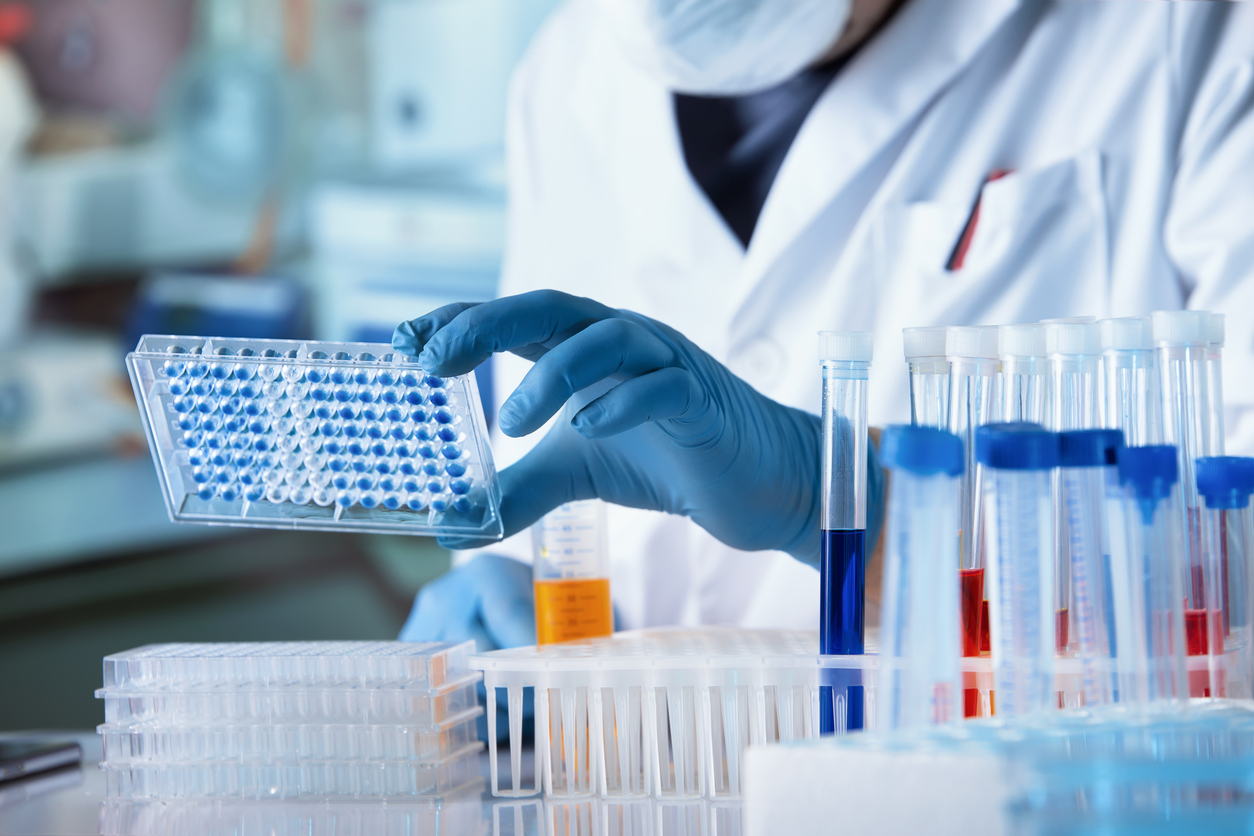Summary
The OECD 120 biodegradation test is a method used to analyze the solution/extraction behavior of polymers in water. This testing method uses the OECD 105 flask testing methods with some modifications to determine the solubility of polymers in water.
How the OECD 120 Test Works
For this test, three samples of the test substance weighing 10 grams are put into three vessels, and 1000 mL of water is added to each vessel. Each of these vessels is then tightly stoppered and agitated at 20ºC typically over 24 hours. The contents of the vessels are then centrifuged or filtered and the concentration of the polymer in the clear aqueous phase is analyzed to determine biodegradability.
Below are a few key points about the test:
- Test substance requirement:
- Non-liquid and does not react with water;
- Particle size preferably between 0.125mm and 0.25mm
- Temperature: 20°C
- pH: 7
- Vessel size: 1000mL preferred
- Test substance dosage: 10g
- Duration: 24 hours
How Aropha Helps Quickly Assess Solubility with the OECD 120 Test
At Aropha, our priority is getting access to cost-efficient, rapid testing to bring your products to market as quickly as possible. We offer end-to-end biodegradable material developmental support. Our processes allow you to combine our digital twin simulation platform, ArophaAI, with our high-throughput, on-demand solubility testing to get your products from the research phase to the commercial stage.
With our OECD 120 biodegradability test, we will determine how your plastic materials and products behave in water so you can continue your development process and make the necessary reformulations to get the exact sustainable product you want. In addition to this test, we offer a wide range of additional biodegradability testing so you can make sure your products meet all of the sustainability and green chemistry requirements you require.
Are you ready to get started on your sustainability journey? Contact our team today to get started.
Pricing
$399/sample for High-Throughput Screening$399/sample for Biodegradability Certification

